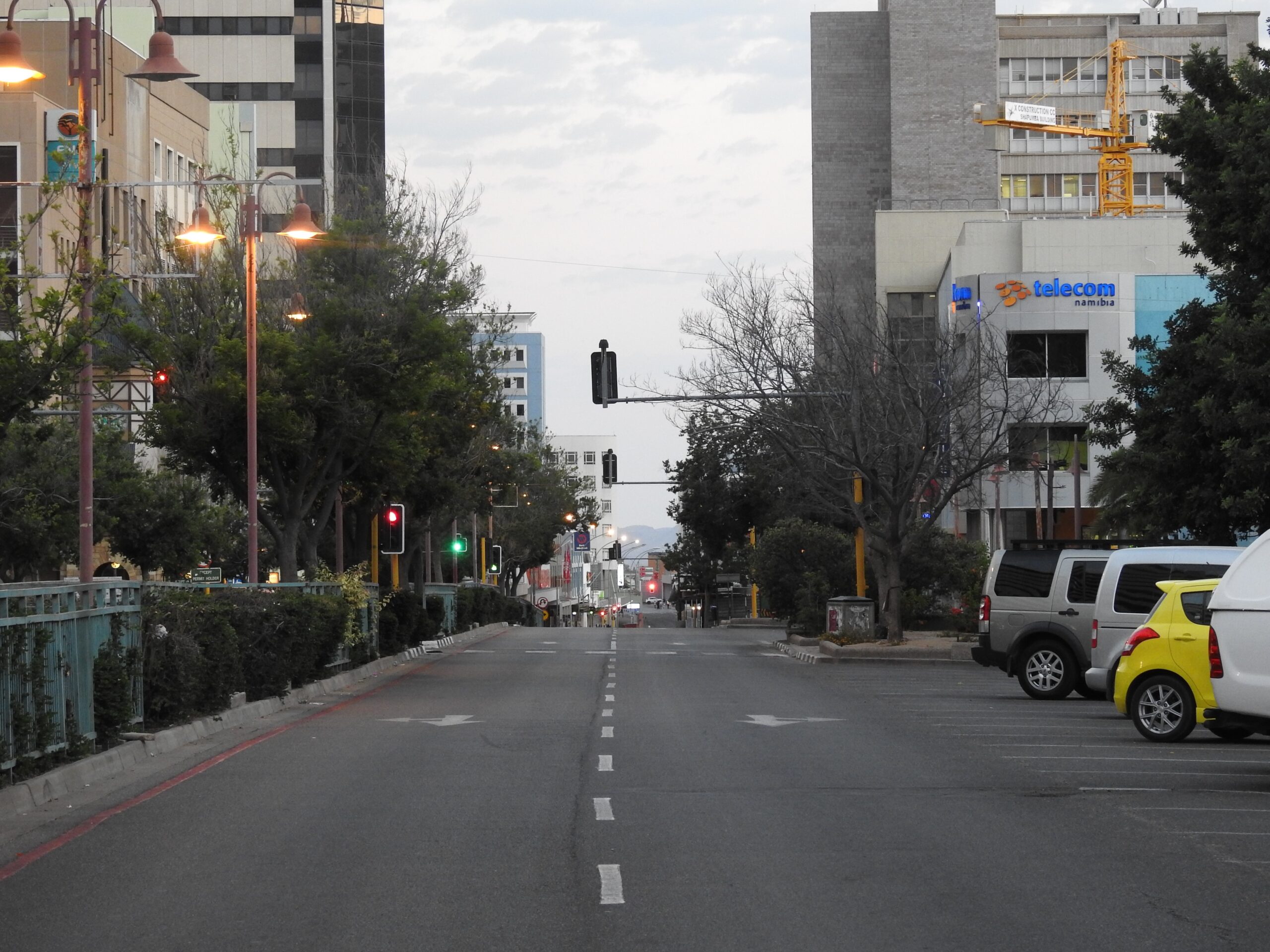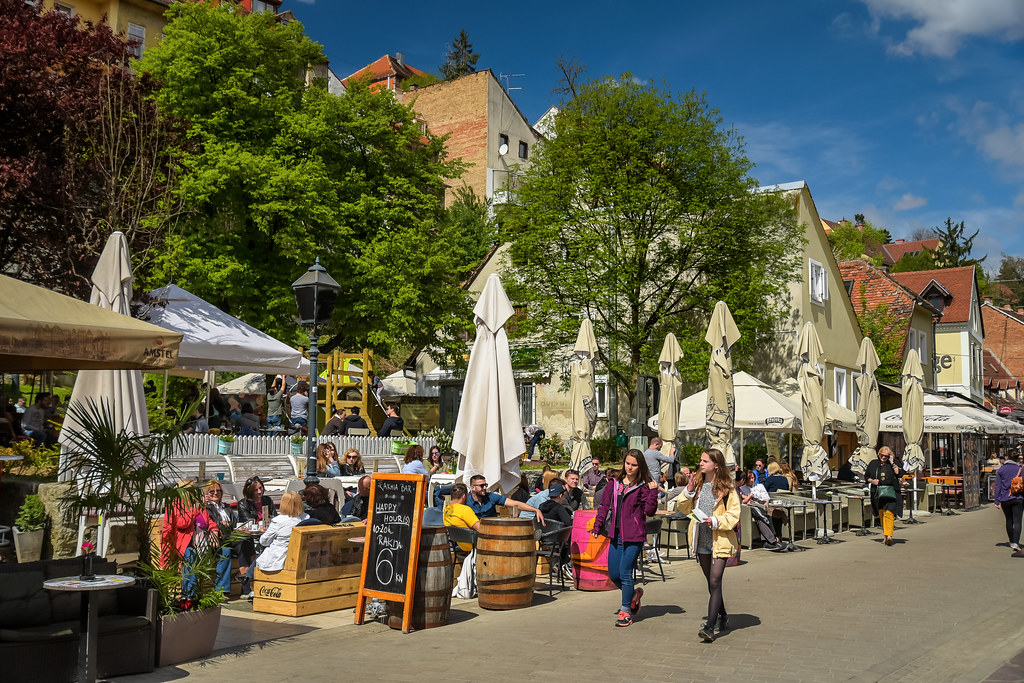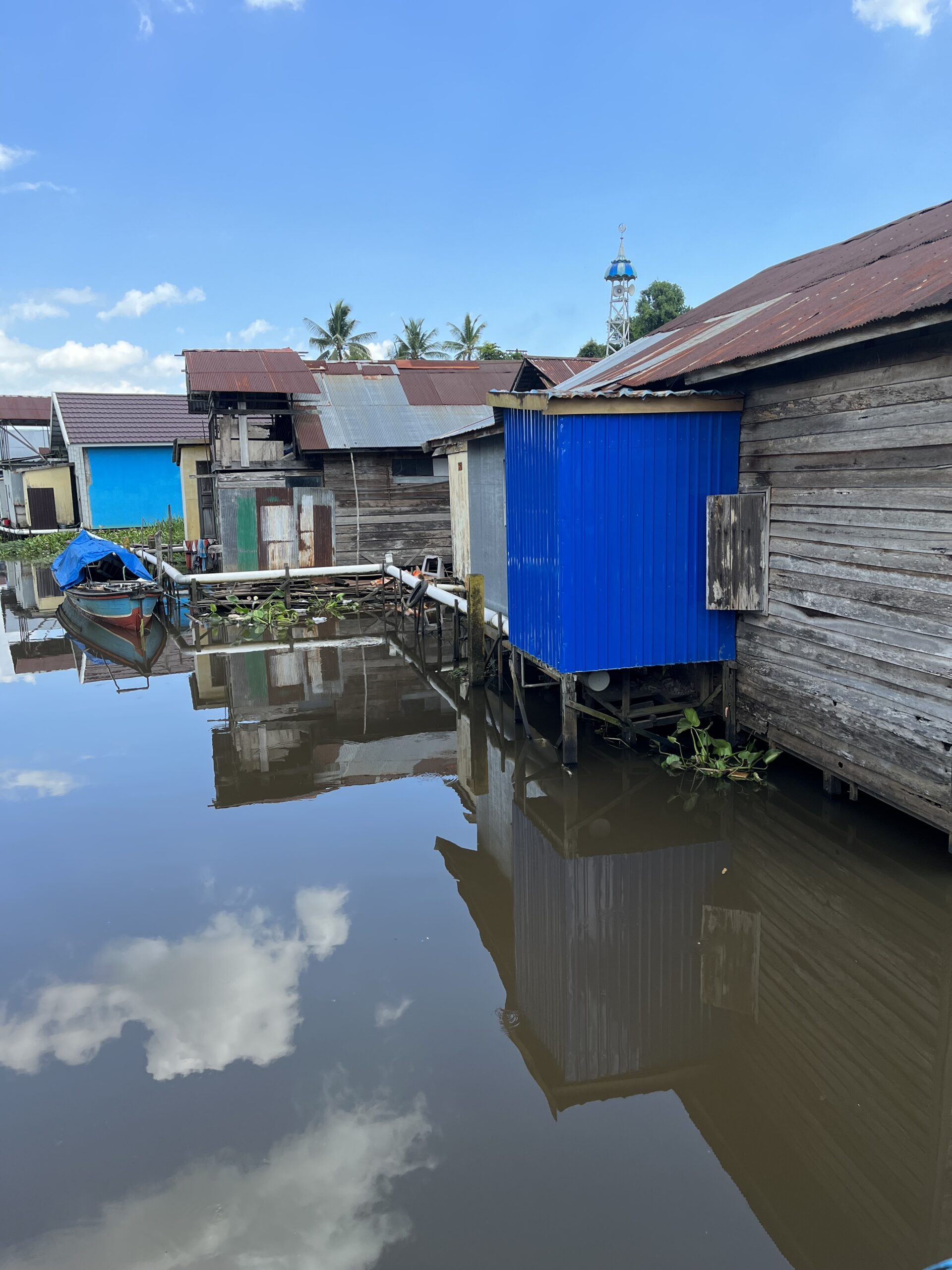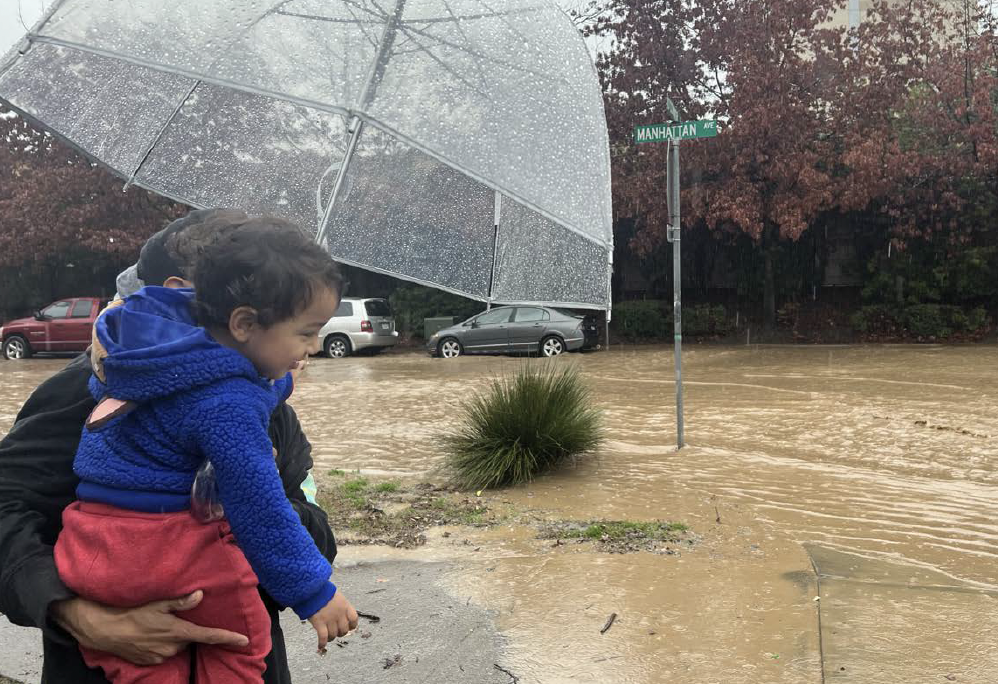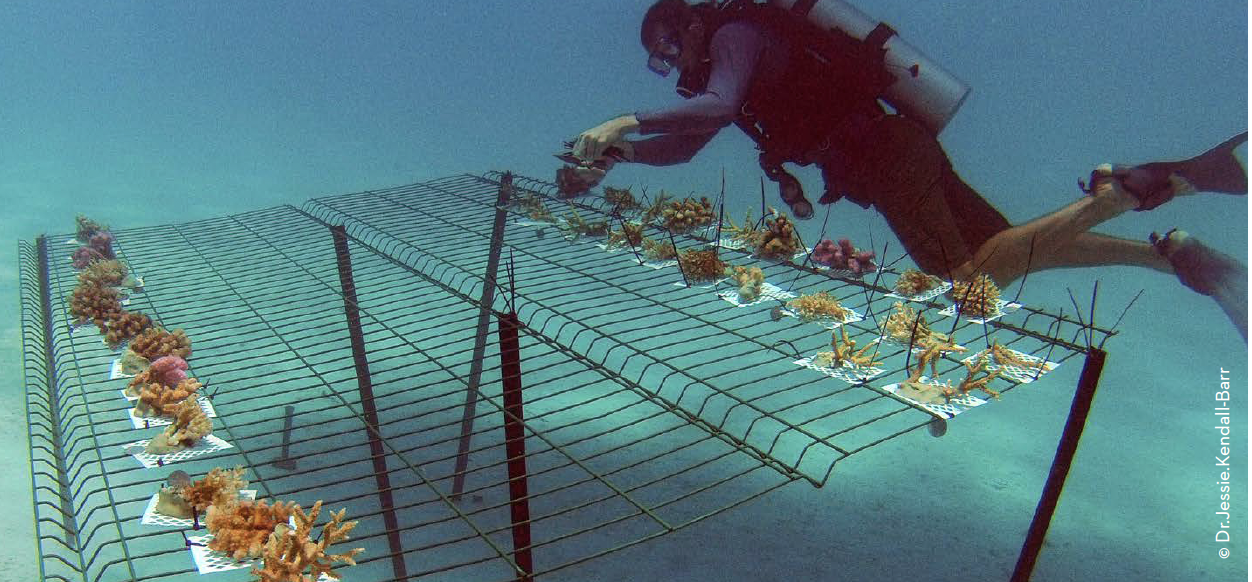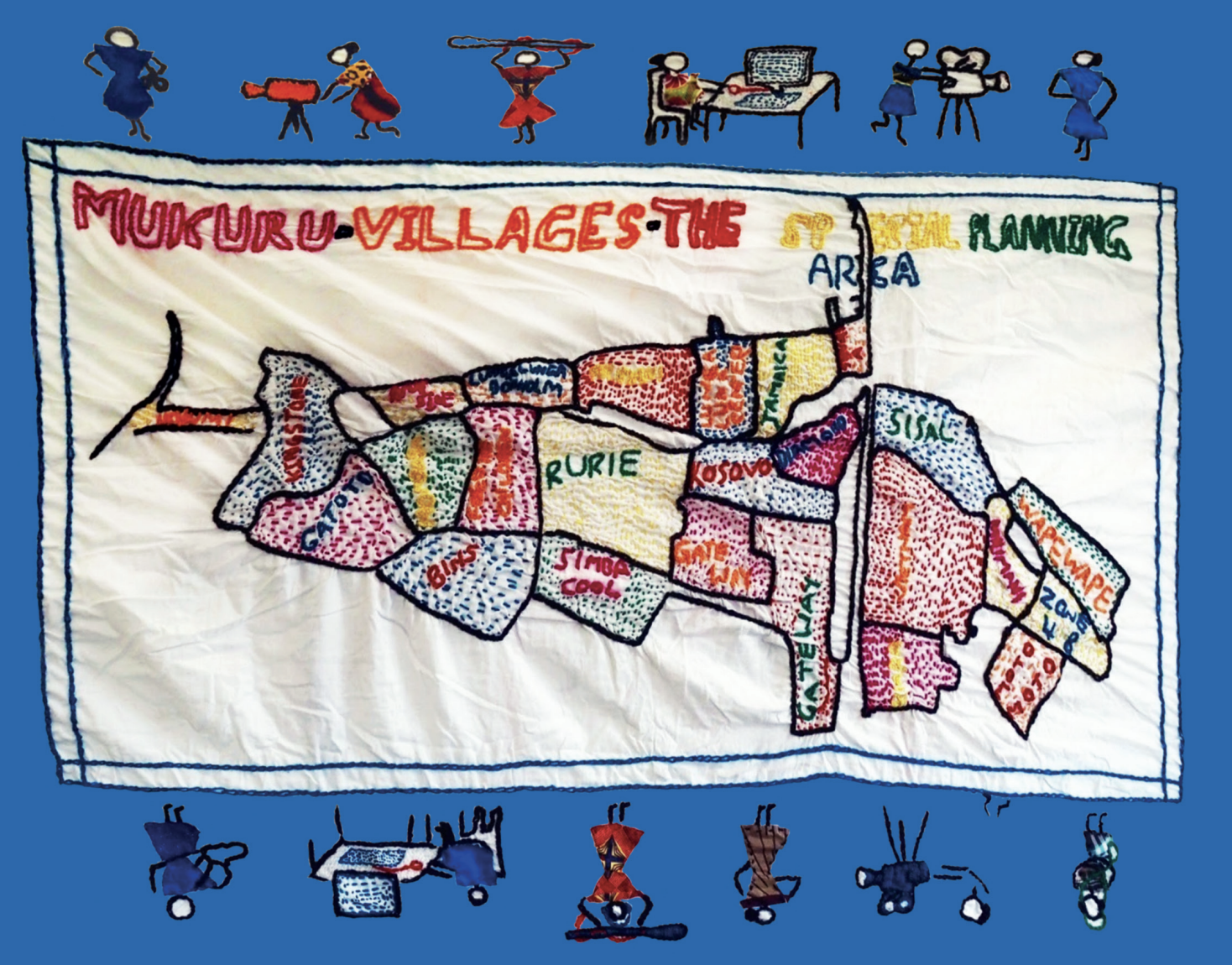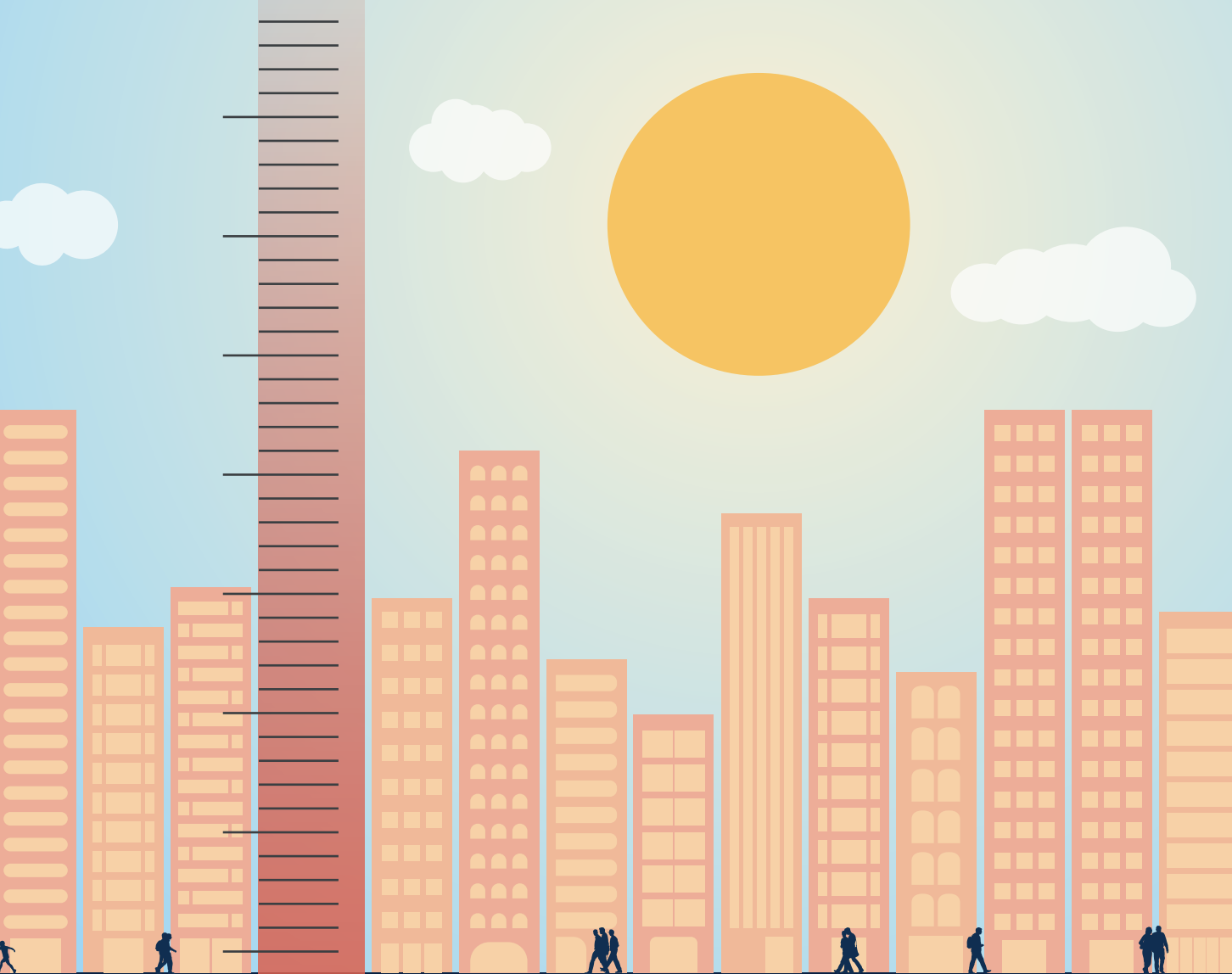Theme
Cities and climate change
Views on trends, challenges, findings and case studies of cities adapting throughout the world.
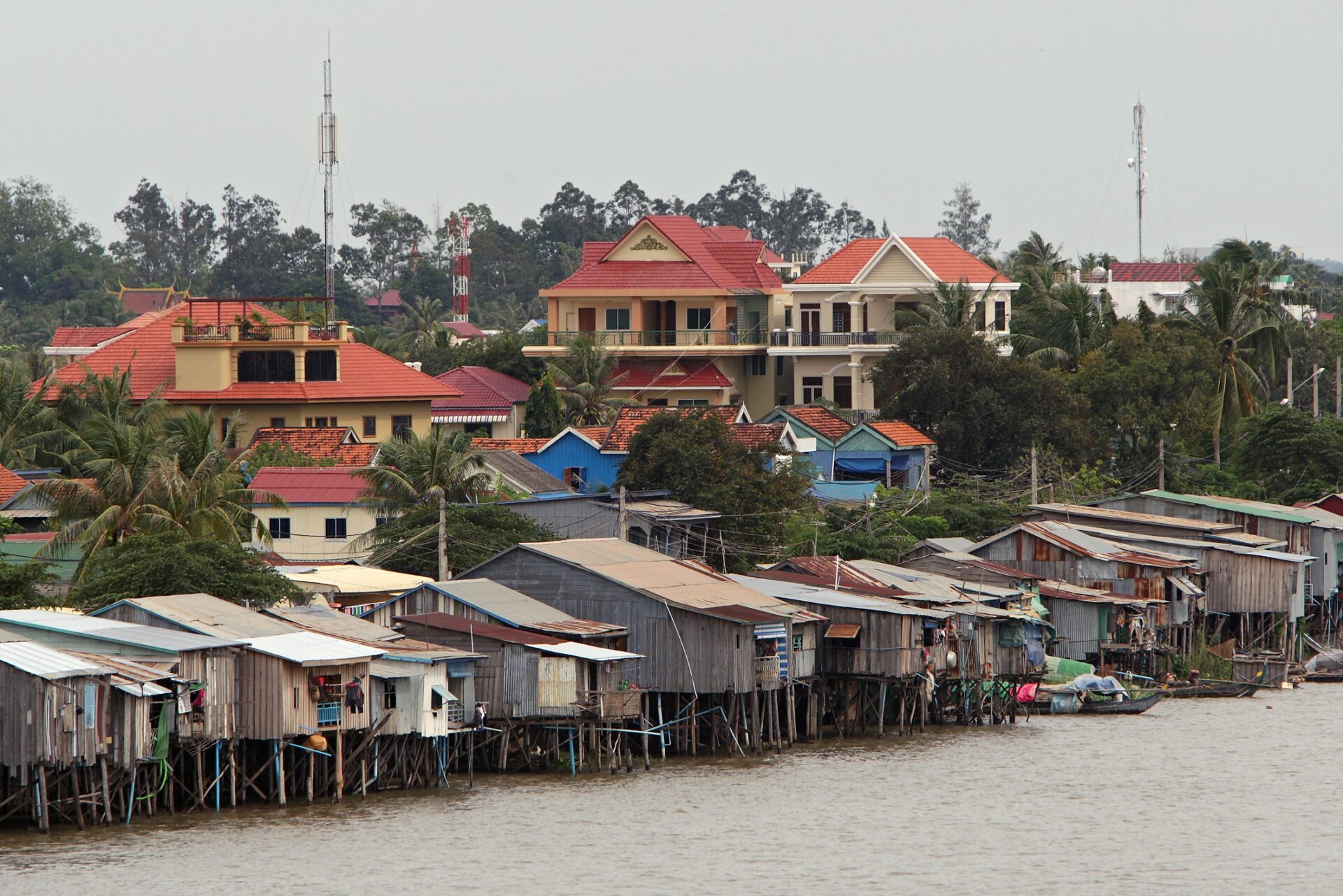
Using PURE to support integrated and inclusive climate change planning in Windhoek, Namibia
This case study used the Peri-Urban Resilient Ecosystems Tool to support integrated and inclusive climate change planning in Windhoek, Namibia.
Coastal climate impact analysis and sanitation hazard assesment framework
In low- and middle-income countries, current urban sanitation services often struggle to safely contain and treat human waste for a variety of reasons. Sea level rise and the associated increase in storm surges will add further complexity to urban sanitation service planning in these settings. Planning for sea level rise is needed to ensure the future reliability of these services and can be a catalyst for upgrading neglected sanitation services.
This handbook provides stepwise guidance for facilitating authorities responsible for citywide sanitation services to develop an adaptive action plan for ensuring the resilience of their city’s sanitation services to the impacts of sea level rise.
This handbook provides stepwise guidance for facilitating authorities responsible for citywide sanitation services to develop an adaptive action plan for ensuring the resilience of their city’s sanitation services to the impacts of sea level rise.
Resilient Coast Santa Cruz: Cross-sector collaboration for long-term resilience
Learn about the Resilient Coast Santa Cruz (Resilient Coast) initiative which aims to address coastal adaptation for the long-term resilience of the City of Santa Cruz's coastline. Informed by scientific work and community vision, Resilient Coast utilizes an adaptation pathways approach supported by immersive and interactive tools, such as virtual reality used to facilitate community engagement.
Evaluating Adaptation: An Analysis of Policy Progress in Coastal Cities and Regions
Explore the findings of the CLIC project “Are cities properly preparing for climate change?” and learn more about the European Research Council (ERC) funded project ‘IMAGINE adaptation’ in this policy brief. It highlights the urgent need to evaluate adaptation in urban areas and understand progress across governance levels.
East Palo Alto Rain Garden Project – Centering communities in resilience-building
Explore the East Palo Alto Rain Garden Project, which emerged out of an extensive community engagement process all to assess East Palo Alto’s vulnerability to climate change and community priorities.
Results and impacts of the UCSC Coastal Resilience Lab – Valuing risk reduction services provided by coastal ecosystems
In this case study the Coastal Resilience Research Lab at UCSC informs the case for the protective value of nature as a cost effective strategy to help reduce risk to people and property.
Locally Led Planning: A Guide for Building Climate Resilience in Urban Informal Settlements
Discover resources for locally-led, inclusive, multisectoral upgrading for climate resilience in urban informal settlements in this guide. It aims to support a range of stakeholders to both build climate resilience in informal settlements and link locally led action with broader processes of urban and climate governance.
Adapting Coastal Cities and Territories to Sea Level Rise in North America – U.S. West Coast: Challenges and Leading Practices
Explore an overview of current practices and remaining challenges for coastal cities in defining and implementing adaptation strategies to sea level rise, proposed solutions, and leading practices developed across California, Oregon and Washington in the latest Ocean & Climate Platform report.
Urban heat in South Asia: Integrating people and place in adapting to rising temperatures
Learn about the current state of knowledge of and plans to manage urban heat in South Asia in this World Bank policy brief. It examines heat in South Asian cities through the different layers of the urban environment, explores different population groups that are vulnerable to urban heat, and provides 3 key recommendations.
